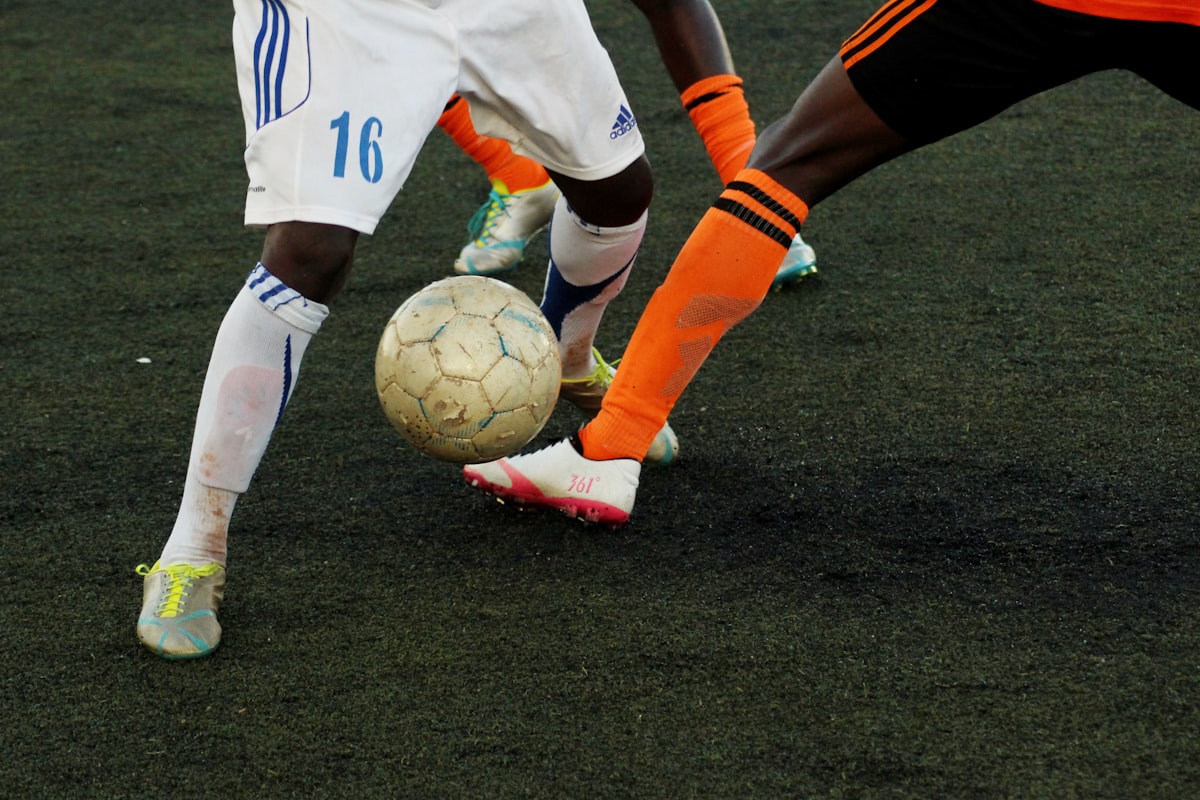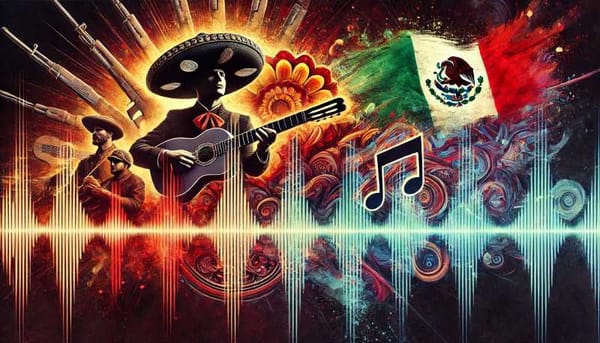How cases of family violence in Mexican football are sanctioned
There is no sanction for this type of case in the Mexican football code of ethics, although there is a mention of violence of any kind.

Cases of domestic violence related to Mexican football so far have no particular sanction, as is the case in professional leagues in the United States. This is about the case of America's player, Renato Ibarra Mina, who is being investigated for assaulting his wife, Lucely Chalá.
Because of this situation, the Ecuadorian footballer was arrested on the night of Thursday, March 5, although he denied that the event took place. For this reason, both the MX League and the Eagles condemned all types of violence and will wait to see what the corresponding authorities determine.
The club mentioned in a press release that it reiterates its commitment to eradicate any type of gender violence.
In the case of the league's statutes, there is no sanction for this type of case. In the BBVA MX League Code of Ethics, in the section "Declaration of Fair Play and Sports Ethics", there is a mention where violence is rejected, but it is the only mention.
"We do not tolerate corruption or violence in our sport and we address everyone with respect. Physical differences are not a barrier between us, we do not denigrate anyone because of their appearance or origin, we know that we form a family and we respect each other as such," the document states.
This makes it an outstanding issue in professional sport in Mexico. This even under the background that complaints of family violence registered an increase of 40% in Mexico in a period from 2015 to 2018, according to data from the Executive Secretariat of the National System of Public Security (SESNSP).
Meanwhile, in the U.S. professional leagues, there is a section in their regulations or collective agreements to sanction this type of case. It should be noted that, in the United States, cases of abuse and domestic violence are estimated to have an economic impact of USD 67 billion annually, according to the Allstate Foundation.
Of the professional leagues in the United States, the one that has been working on this issue the longest is the National Football League (NFL), whose policy on personal conduct has been in place since 1997, and changes are made annually. The sanctions for domestic violence are six games without pay, in the first case, and if the player reoffends the suspension will be for life.
The changes to the league's statutes followed sanctions against Ravens football players Ray Rice (domestic violence) and Adrian Peterson (child abuse) in 2014.
Rice initially received only two games of punishment (July 2014). After a video was released showing him beating his wife, the Ravens ended their contract and the league suspended them indefinitely.
Because of the above-mentioned facts, in August 2015 Major League Baseball (MLB) made its policy concrete, since cases that occurred before that date were only punished by local authorities or teams.
The longest sanction for domestic violence cases in MLB: José Torres (2018), with 100 games; Odubel Herrera (2019), with 85 duels and Héctor Olivera (2016), with 82 games. According to data collected by the Spotrac website, 13 cases have been registered from 2016 to date. At least half of the players changed teams after the fines ended.
Among the coincidences in the MLB, NBA, and NFL sanctions are that they offer professional help to the athlete and victims (domestic violence, sexual assault, and child abuse), the sanctions are unpaid.
In the case of baseball, after the sanction, the player is constantly evaluated, while in basketball the person must attend at least 10 counseling sessions with a panel of experts, and if they do not, the sanction is UDS 10,000.
While among the differences is that in the NFL the sanctions in the conduct policy, which includes all league personnel, in the Major Leagues it is stipulated in the collective contract of players and the rest of the personnel of a team will be the organization in charge of sanctioning and will have to invest in supporting projects in this regard.




